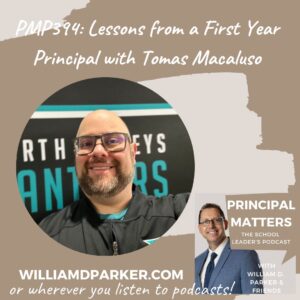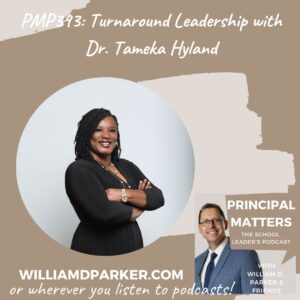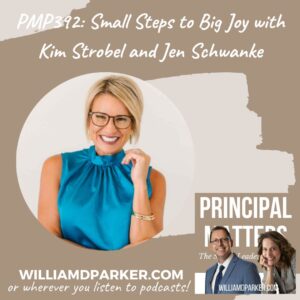Podcast: Play in new window | Download
Last week, we met Carlene Thomas. This week, she returns to answer more questions from school leaders searching for solutions for Multilingual Learners.
Carlene Thomas is the CEO and founder of an educational consulting company that advocates for equity for multilingual learners (MLs) and specializes in support for bilingual education and English as a second language (ESL) programs. Carlene also currently serves on the executive board for the National Association for English Learner Program Administrators (NAELPA), coordinating with other states and the U.S. Department of Education to advocate for MLs across the US.
Throughout her career, Carlene has been able to impact MLs through multiple perspectives. After teaching as a Teaching English to Speakers of Other Languages (TESOL) professor at a university in Bejing, China, she returned to the states with a clear passion for MLs. In Texas, Carlene has worked in various roles including ESL teacher (in both elementary and secondary school settings), ESL curriculum writer, ML compliance coordinator, ESL director, regional ESL/migrant educational consultant, and the ESL Program Coordinator for the state of Texas.
In her work at the Texas Education Agency, Carlene developed extensive compliance guidance resources, program implementation and evaluation tools, training materials, and comprehensive guidance on instructional practices for MLs. She is dedicated to serving MLs and their families by promoting additive bilingualism within all programs for MLs.
In Part 2 of this conversation, we explore the following questions from principals of second language learners who emailed the following. Listen to the entire episode to hear the full context of Carlene’s responses!
How do we help teachers develop the social consciousness to make connections and better serve our ELL students?
- First, building of social consciousness, culturally sustaining practices, and global competence needs to come from a systemic perspective, with district and campus leaders at the forefront of growing in these capacities and embedding these mindsets and actions into all facets of education.
- Meet people where they are along the spectrum of implementation from understanding/awareness to relevancy to sustainability; from deficit to difference to asset-based approaches.
How can I (as an LPAC Coordinator and Assistant Principal) make myself more involved?
- Define LPAC for listeners (TX context)
- Listen to the teachers
- Spend time in the classrooms in a non-evaluative purpose
- Grow your capacity through ongoing professional development
Any tips on how to incorporate our ELL students with non-ELL students?
- Model inclusivity (staff relationships; approach with students and families)
- Elevate ELs as leaders
- Implement effective program models that limit isolation
What suggestions do you have related to testing newcomers in Kindergarten Readiness Assessment, Dyslexia, state testing, and third grade reading guarantee requirements?
- Invest students in the purpose of the assessment with the goal of progress measure
- Communicate with parents/families about these purposes as well
- As feasible, assess students in their primary language as well as English, particularly when determining the need for 504 (dyslexia) or special education services
How do you navigate through the lack of psychologists, counselors, speech therapists, ELL teachers?
- Communicate the responsibility of EL support to the whole staff; including all stakeholders’ roles in implementing an effective program
- Train all teachers in content-based instructional methods, including culturally sustaining practices
- Involve families and community members as partners in meeting the needs of the school community
What recommendations could be given in Special Education identification of ELL students?
- Collaborate, collaborate, collaborate (Special Ed and EL teams)
- Individual decisions/considerations are key
- Understanding second language acquisition impact (comparatively with primary language)
- Ensure equitable access to both programs
Will’s follow-up questions:
In your own journey as an educator, what are some lessons in transitioning in your roles may be helpful for others considering a change in their own work?
- My goals for professional transitions have always been two-fold:
- How can I grow my perspective?
- How can I increase my sphere of influence?
- Always keep students and families at the forefront of your mind and work
Any parting words of advice?
- Multilingual learners/ELs are rich assets in our communities. Whether you have a handful or the majority of your student population, they matter! What benefits them will benefit all (Good for all, necessary for some).
Connect with me on social media
- Website: www.carlithomas.com
- LinkedIn – Carlene Thomas
- Facebook – Carlene Thomas Consulting page
- Twitter – @carli_thomas21
- Email: carlene@carlithomas.com
Listen in for more great takeaways from this week’s episode!


